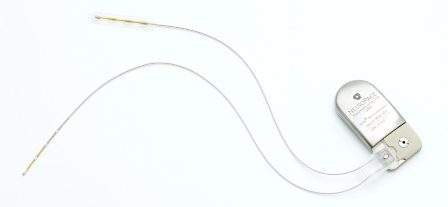
The long-term treatment study assessed 256 patients across 33 epilepsy centers with around 1,900 patient implant years of follow-up.
The RNS system has helped in better seizure reduction and enhanced quality of life, including improved memory and cognition, in the study.
Median seizure reduction was 75% at nine years and quality of life improvements were sustained through nine years in the study with drug-resistant epilepsy patients.
NeuroPace paid consultant and the study principal investigator Dr Dileep Nair said: “This 9-year landmark study is the largest and longest prospective neuromodulation trial in the field of epilepsy.”
By using brain-computer interface technology, the RNS system serves as an advanced treatment option for patients with focal seizures who have not responded well to medication.
The RNS system includes neurostimulator, leads that are placed at the seizure foci, remote monitor for patients to upload their data, as well as RNS tablet and patient data management system (PDMS) for patients.
The system allows physicians to remotely see their patient’s electrographic data on a secure website and program the device settings to personalize therapy for each individual’s unique brain patterns
Physicians can remotely view their patient’s electrographic data on a secure website, and program the device settings to personalize therapy for each individual’s unique brain patterns.
NeuroPace chief medical officer Martha Morrell said: “The neural recording capability of the RNS System provides us with an unprecedented window to the brain. Our research focus now is to apply artificial intelligence to this rich data set to optimize therapy settings and improve clinical outcomes faster.
“The neural data has revealed remarkable discoveries about how the brain functions over months and years—these insights have the potential to lead to the treatment of other brain disorders that affect millions of people worldwide.”
NeuroPace is engaged in the development of advanced brain-computer interface technologies for the treatment of neurological disorders.






